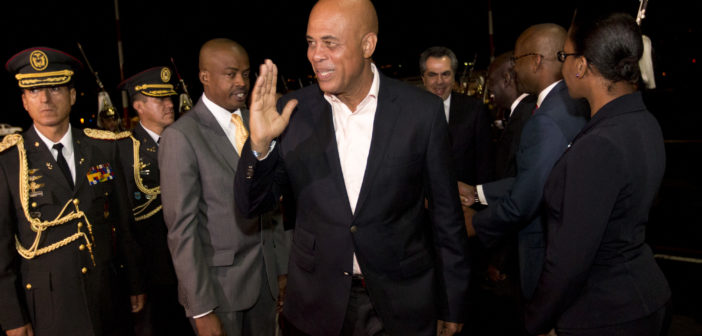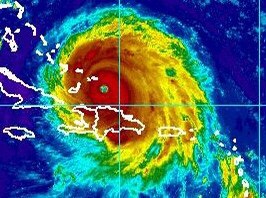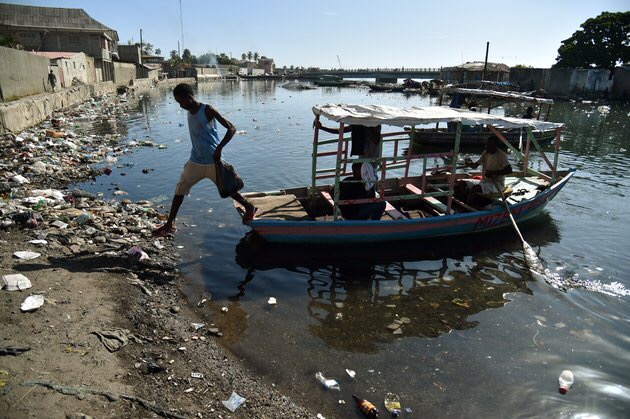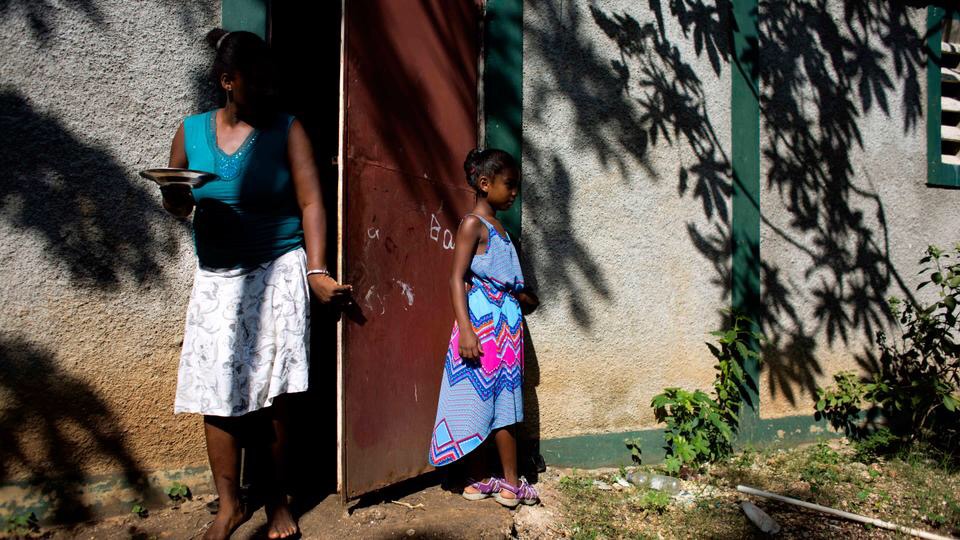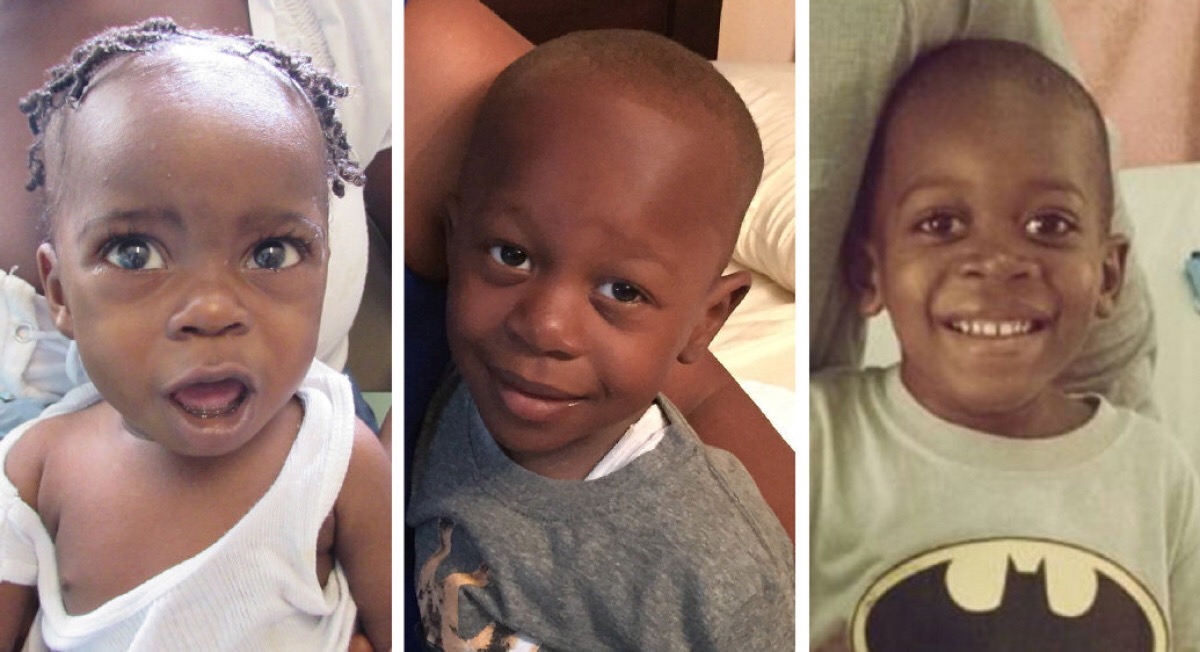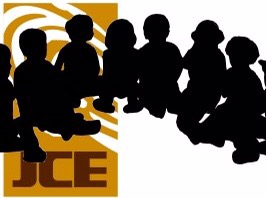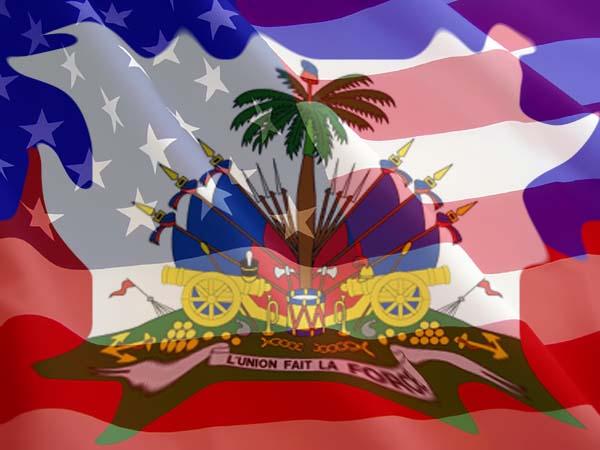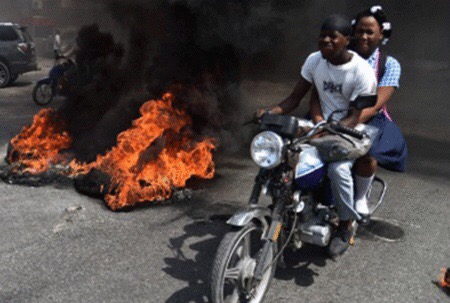
Haiti’s former President Michel Martelly, who hand-picked the winner of this week’s election, Jovenel Moïse.
Haiti’s newly elected president, Jovenel Moïse, faces enormous challenges in rebuilding a broken and deeply divided country, beginning with a legal challenge to the election results by his opponents.
Moïse, a former banana exporter, also won the presidential election in October 2015, but that result was annulled amid allegations of fraud. This time around, he won 55.6 percent of the votes in the Nov. 20 election, beating 26 other rivals, according to provisional results released by the election council on Monday
“The Haitian people have made their choice and elected me as early as the first round,” Moïsewrote on his Facebook page. “Now, in the spirit of gathering, I invite you, dear countrymen, to borrow with me the way of endogenous development for a Haiti at the height of its historical performance and its legitimate ambitions.”
Under Haiti’s election rules, Moïse – who ran as the candidate of former President Michel Martelly’s Tet Kale party – won with a large enough margin to secure his victory without a second round. The final results will be handed over to the country’s electoral tribunal, where other parties say they will appeal the outcome, before a winner is certified on Dec. 29.
Some experts say Moïse has already started his presidency – if the results stand – on the wrong foot. Political analyst Fritz Dorvilier, who teaches sociology at the State University of Haiti in Port-au-Prince, told the Miami Herald that the president-elect may have made a grave mistake in skipping the second round of elections. Doing so may have helped lower tensions, he said, or at least been the “politically correct” thing to do.
Instead, the elected president is now faced with an additional challenge: uniting an opposition deeply divided by anger and distrust. Violent protests have already erupted across the country among supporters of the opposition parties, many of whom called the vote an “electoral coup” and are demanding yet another redo of the election.
Haiti faces enormous challenges, from its failed health and sanitation systems to its crumbling infrastructure. This year, months of doctor strikes paralyzed state hospitals, leading to countless deaths. Haiti is also ill prepared for natural catastrophes, an ongoing problem recently brought back into the spotlight in the grim aftermath of last month’s Category 4 Hurricane Matthew.
Perpetuating these problems is the devastating poverty in Haiti, which has driven hundreds of thousands of Haitians on perilous journeys through Latin America and the U.S. in search of better, if not just decent, living conditions.
Martelly, who hand-picked Moïse as a candidate, has been widely criticized for failing to adequately address these issues. Martelly, a former carnival singer, pledged to rebuild the western hemisphere’s poorest country from the ruins of its 2010 earthquake, but earned a reputation for indecision and populist authoritarianism. Martelly also did little, if anything, to uphold his promises for parliamentary elections and other basic democratic policies.
Throughout his campaign, Moïse made promises to improve the quality of education, create jobs in the agricultural sector and make Haiti an exporting country after decades of absence.
Still, some experts say it is not yet clear how Moïse intends to undertake the massive task of rebuilding Haiti, or where his priorities lie in distributing international aid. As of now, Moïse’s program still seems rather broadly defined, said Robert Maguire, a Haiti expert and international affairs professor at George Washington University, but international actors will likely have a lot to say in shaping it.
“Certainly, in that regard, M. Moïse will continue to say that ‘Haiti is open for business’,” he said in an email to Humanosphere.


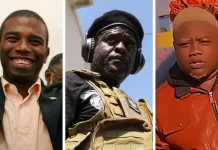
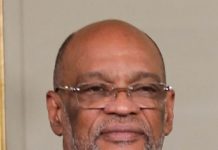





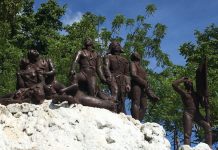



















![Phyllisia Ross – KONSA [Official Music Video]](https://haitiville.com/wp-content/uploads/2014/08/phyliisia.jpg)
